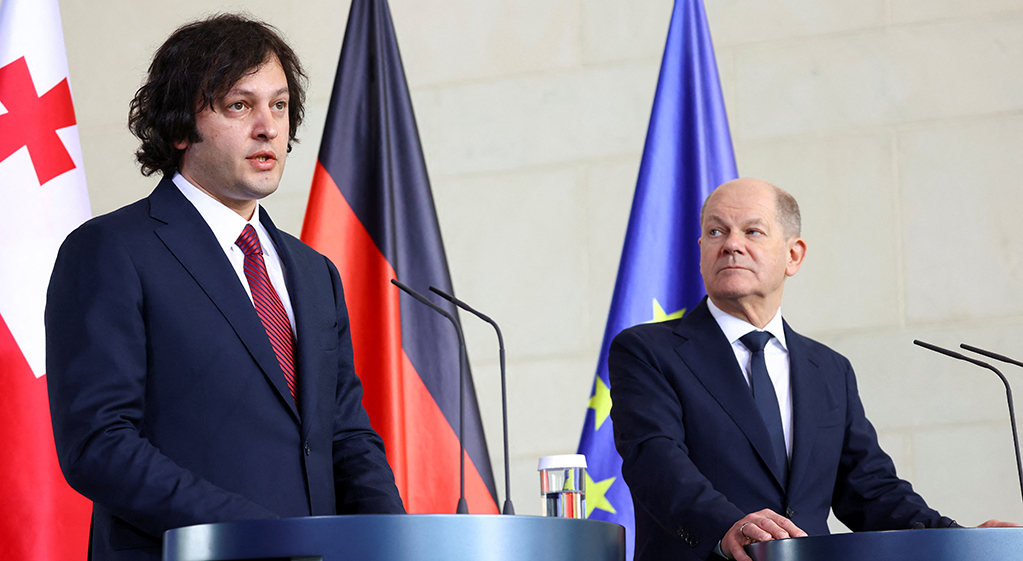Germany's ruling Social Democratic Party (SDP) announced that Georgia may once again lose its "safe country" status if it accepts the Russian Law. The German publication Stern reported on this.
News
"The German federal government is closely monitoring the development of the political situation and the democratic system and is checking whether the conditions are met," said Helge Lund, a member of the Bundestag from the Social Democratic Party. If it turns out that the population of Georgia should be afraid of persecution, "there will be appropriate consequences."
The German publication notes that Georgia is striving to join the European Union and NATO and received the status of a candidate country for the European Union in December. However, the "disputed law" presented by the government has been causing tension for several weeks. Stern writes that critics of the so-called Agents Law draw parallels with Russia's Foreign Agents law, which allows the government to take "massive measures" against critical media and organizations.
Germany recognized Georgia and Moldova as safe countries in 2023. The Internal Affairs Minister, Nancy Feser, stated that citizens of these two countries, which want to join the European Union, are not persecuted on political grounds. Classification as a safe country is primarily aimed at deterring migration. Applications of citizens of a safe country for receiving asylum are considered faster, and refusal and deportation are also easier.
Last year, 9,399 citizens of Georgia applied for asylum in Germany, 8 414 of them for the first time, and 985 for the second time. According to the report of the Federal Office for Migration and Refugees, the applications of 10 038 citizens were considered, of which only 0.3% were approved.
On April 17, the Georgian Dream party adopted the Russian law, which restricts independent media and civil society, by 83 votes in the first reading. On the same day, the High Representative of the European Union for Foreign Affairs and Security Policy, Josep Borrell and the Commissioner for Neighborhood Policy and Enlargement, Oliver Varhelyi, issued a statement saying that the final adoption of the law would negatively affect Georgia's progress on the EU path. According to them, the law does not comply with the basic norms and values of the European Union.
European Council President Charles Michel also responded to the Russian law initiated by Georgian Dream. According to him, the Georgian people chose the European path, and in response, Georgia received candidate status. Michel stated that the draft law on the "transparency of foreign influence" does not correspond to the country's European aspirations; instead, it separates Georgia from the European Union.
On April 12, German Chancellor Olaf Scholz, after a meeting with Georgian Prime Minister Irakli Kobakhidze, said that Germany, like the entire European Union, views this initiative of Georgian Dream as "very critical" and expressed hope that the parliament would not adopt the law.
The Russian Law contradicts the 1st and 9th recommendations defined by the European Commission for Georgia. According to these recommendations, in order to open accession negotiations, the authorities must ensure the free functioning of civil society in the country and combat disinformation against the European Union and its values.
The ruling party supported the Russian law in the first reading in March of last year, but people's protests forced its rejection. The party leaders promised to recall it "unconditionally, without any reservations." However, a year later, in early April, the Russian law was re-initiated. Its text remained the same, with only the term "agent of foreign influence" being replaced by "organization carrying out the interests of a foreign power."
Georgian Dream intends to adopt the Russian law before the end of the current spring session of Parliament. President Salome Zourabichvili also opposes the law, stating that she will use the right of veto.















